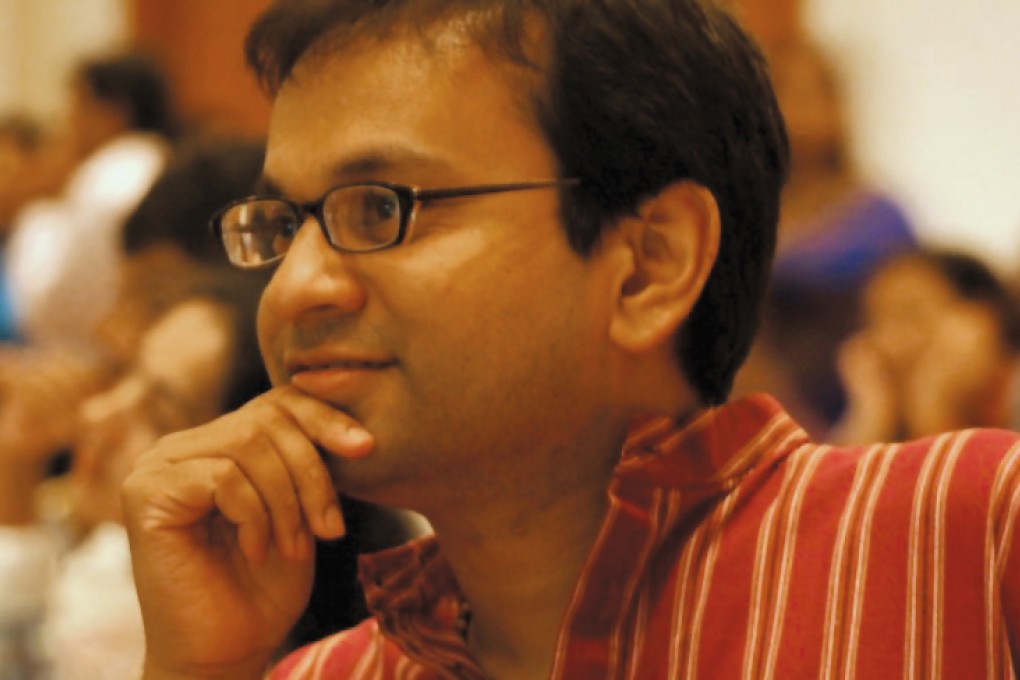Upclose with Asif Saleh
Asif Saleh is one of today’s great young activists. He's the head of global brand Drishtipat, which fights for human rights in Bangladesh. Currently based in London, he’s also a vice-president at a prestigious investment-banking firm.

HK Magazine: Drishtipat is mainly targeted at expat Bangladeshis?
Asif Saleh: Yes, there are a lot of human rights abuse cases in Bangladesh that people in the country just can’t do anything about because of fear of the government. Being an expat is easier, because you have the independence and the government fears international pressure. We’ve ended up focusing on the most difficult issues – freedom of speech, religious persecution and women’s issues.
HK: Your work must be quite emotionally draining…
AS: It is. At the same time, what’s gratifying is going back to Bangladesh and seeing the difference it has made. The good thing about online activism is you can work in your free time. The time I’ve spent on it would probably have gone to TV anyway! It’s tremendously uplifting and very addictive.
HK: And you have worldwide chapters now, all of which are online?
AS: It would have been impossible otherwise. Most of our communication and work happens through the internet – it helps as people are spread out globally and we can work round-the-clock. Now we have strong internet connectivity in Bangladesh as well, which helps our chapter there. We act as a bridge between grassroots organizations in the field and the rest of the world.
HK: Is internet security an issue?
AS: There’s a huge, huge risk. People are always watching and certainly reading your emails. Anti-terrorism laws protect snooping by the government; they have a free hand. In all countries, not just Bangladesh.
HK: What kind of cases does your group usually take up?
AS: Usually we deal with persecuted journalists who have a track record. There are lots of abuse cases, and we can’t take them all. But we do try to take the ones that are symbolic. We try to raise awareness through the international media, so that the larger issue of journalists’ rights get focus, rather than an individual case.
HK: How disaffected are today’s youth?
AS: Very much disenchanted. People think their voice doesn’t count in politics, especially in countries like Bangladesh. Young people aged 18-35 are the biggest voting segment. When they are not getting their voices heard, politicians take them for granted. Nothing a politician can say could address the critical issues young people are concerned about. There’s a great need for a platform. We are trying to get that up.
